
Equipped with state-of-the-art laboratories that provide students with hands-on experiences to bridge theory and practice
As South Africa observes World Diabetes Day on 14 November, Unisa’s College of Agriculture and Environmental Sciences (CAES) continues to lead vital research and community initiatives aimed at promoting sustainable, indigenous food systems as a response to the country’s rising diabetes crisis.
CAES plays a pivotal role in integrating traditional African knowledge with modern scientific approaches to nutrition and agriculture. Through its multidisciplinary teams, comprising agronomists, horticulturists, agricultural economists, botanists, nutritionists and geneticists, among others, the college is advancing research that demonstrates how indigenous African diets can contribute to disease prevention and long-term health.
This effort is further strengthened by the establishment of the Unisa Experimental Farm, which serves as a platform for the practical revitalisation of ancient African food systems and sustainable agricultural practices.
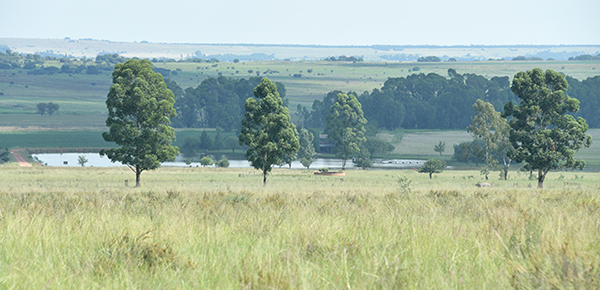
The Unisa Experimental Farm
According to Statistics South Africa’s Mortality and Causes of Death report, diabetes mellitus is now the leading cause of death from natural causes in South Africa, a significant shift from two decades ago when it ranked fifth. This worrying trend coincides with the gradual erosion of traditional African diets, as communities increasingly turn to ultra-processed foods and refined sugars that have displaced indigenous, nutrient-rich alternatives. This trend is reflected in Figure 1 below.
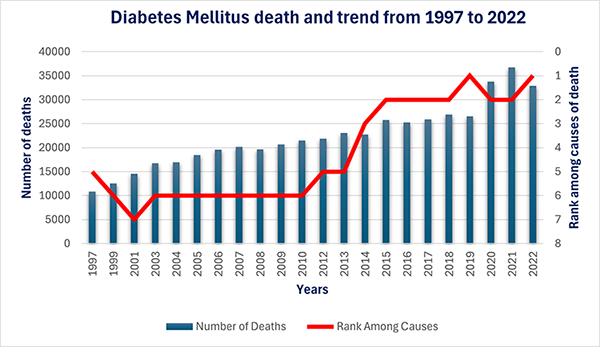
Figure 1: Rising mortality from diabetes Mellitus in South Africa. At 25-year trend (1997 – 2022)
Historically, African diets were characterised by whole grains, legumes, nuts, leafy vegetables, fruits, milk, roots and naturally fermented foods; low in refined sugars and saturated fats, but rich in fibre, micronutrients and probiotics that supported metabolic balance. These foods not only nourished communities but also promoted metabolic resilience, which is the body’s ability to maintain balance and recover from dietary and environmental stressors.
A recent narrative review by Dr Florence Malongane, Dr Wendy Phoswa and Dr Tendaiishe Berejena from CAES presents compelling evidence supporting the therapeutic potential of indigenous African foods in preventing and managing type 2 diabetes mellitus. Their research highlights how reintroducing traditional foods could improve blood glucose control, enhance gut health and reduce the prevalence of non-communicable diseases.
Modern diets, in contrast, have shifted dramatically toward refined carbohydrates, sugary beverages and processed foods. Ironically, many of the foods that once sustained African communities for generations have all but vanished from supermarket shelves. The dominance of imported food products has diminished access to locally grown, culturally significant foods, undermining nutritional diversity and community food sovereignty.
Interestingly, the traditional African diet closely mirrors the principles of the macrobiotic diet, a nutrition philosophy that promotes natural, locally sourced and minimally processed foods. Studies on macrobiotic diets have demonstrated improvements in fasting blood glucose levels, lipid profiles and gut microbiota balance, all of which contribute to better metabolic health.
This parallel underscores an essential truth: Africa’s solution to the diabetes epidemic lies within its own food heritage. The revival of indigenous food systems offers not only a scientific approach to diabetes prevention, but also an economically viable and culturally empowering strategy for public health improvement.
CAES’s commitment to this cause is evident in its strategic efforts to document, research and reintroduce indigenous crops and dietary practices. Through its research and partnerships, the college ensures that indigenous agricultural and nutritional knowledge is preserved, adapted and applied to modern health challenges. These initiatives directly contribute to the United Nations Sustainable Development Goals, particularly Goal 2 (Zero Hunger) and Goal 3 (Good Health and Well-Being), by promoting food security, nutrition and overall wellness.
Africa’s traditional foods are not relics of the past. They are powerful tools for shaping a healthier, more resilient future. By embracing locally sourced, minimally processed and culturally grounded diets, South Africa can take a significant step toward reversing the diabetes epidemic and restoring the health of its people.
The work being done at CAES exemplifies Unisa’s broader mission to produce research that not only advances knowledge but also transforms lives. Reviving indigenous diets is not just about honouring tradition. It is also about reclaiming health, sustainability and identity through science.
* By Dr Florence Malongane, Head: Academic Quality Assurance and Enhancement, CAES, and Gugu Masinga, Communication and Marketing Specialist, CAES
Publish date: 2025/11/13
 Unisa celebrates a project of hope, dignity and student success
Unisa celebrates a project of hope, dignity and student success
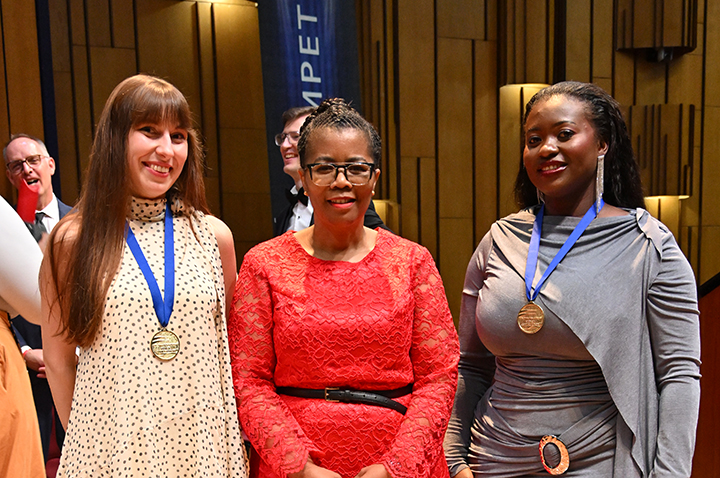 Women vocalists take top honours at Unisa's globally renowned showcase
Women vocalists take top honours at Unisa's globally renowned showcase
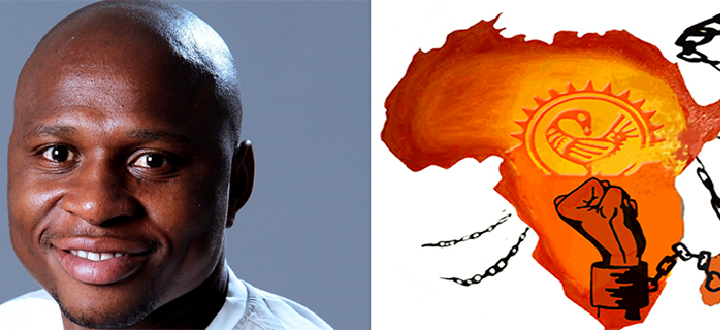 African wealth is dependent on investment in education and development
African wealth is dependent on investment in education and development
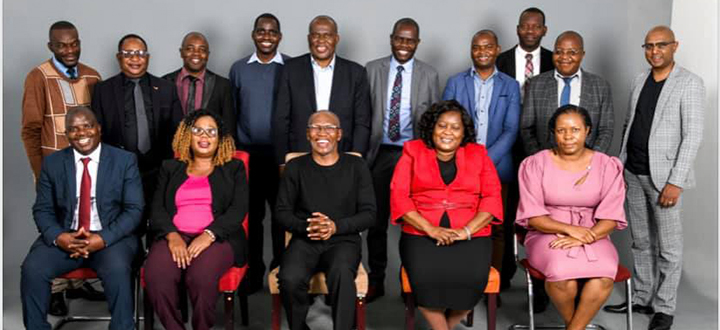 Unisa celebrates matric result success at Correctional Services ceremony
Unisa celebrates matric result success at Correctional Services ceremony
 Unisa ICT Director recognised among acclaimed IT leaders
Unisa ICT Director recognised among acclaimed IT leaders